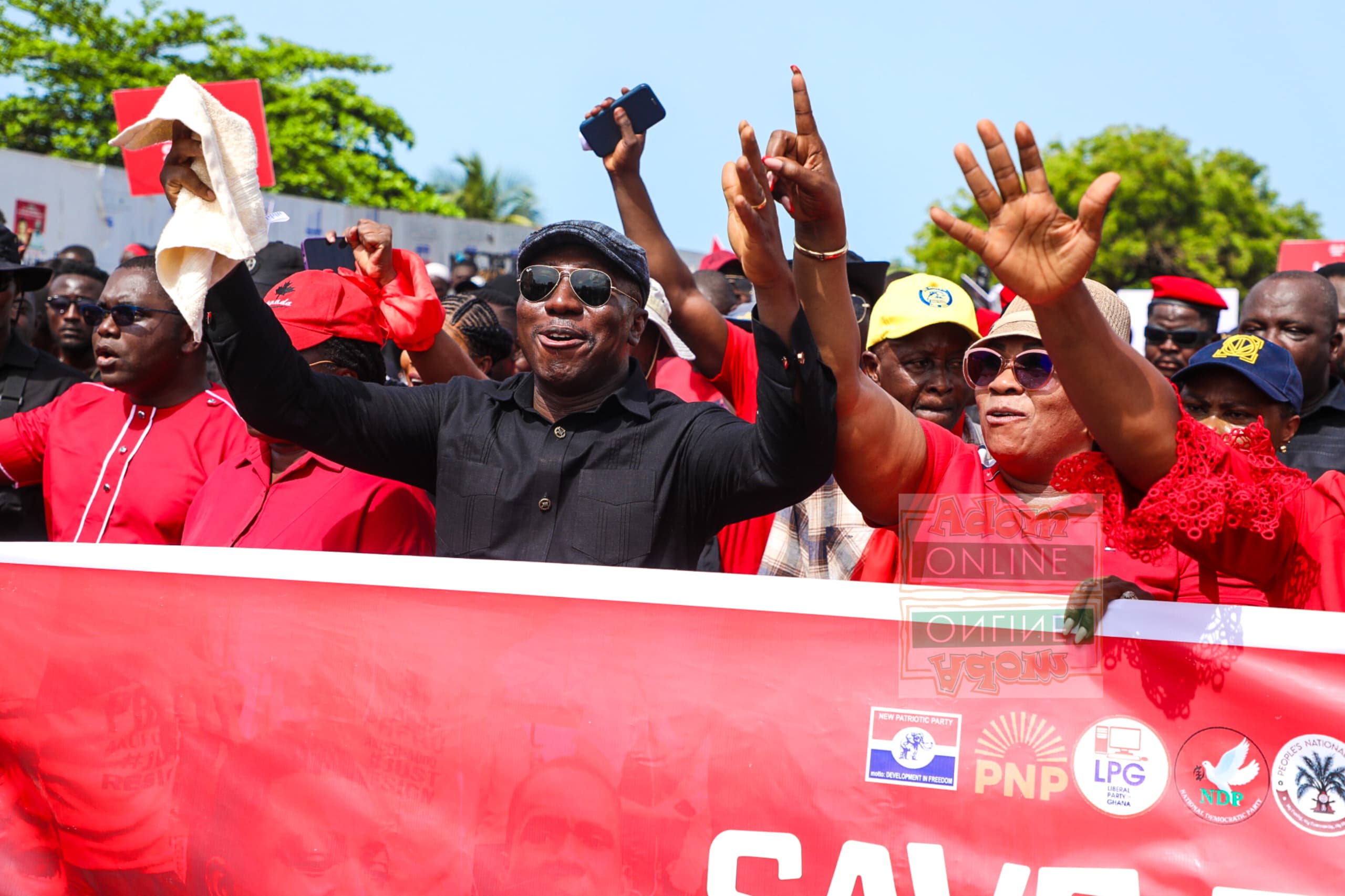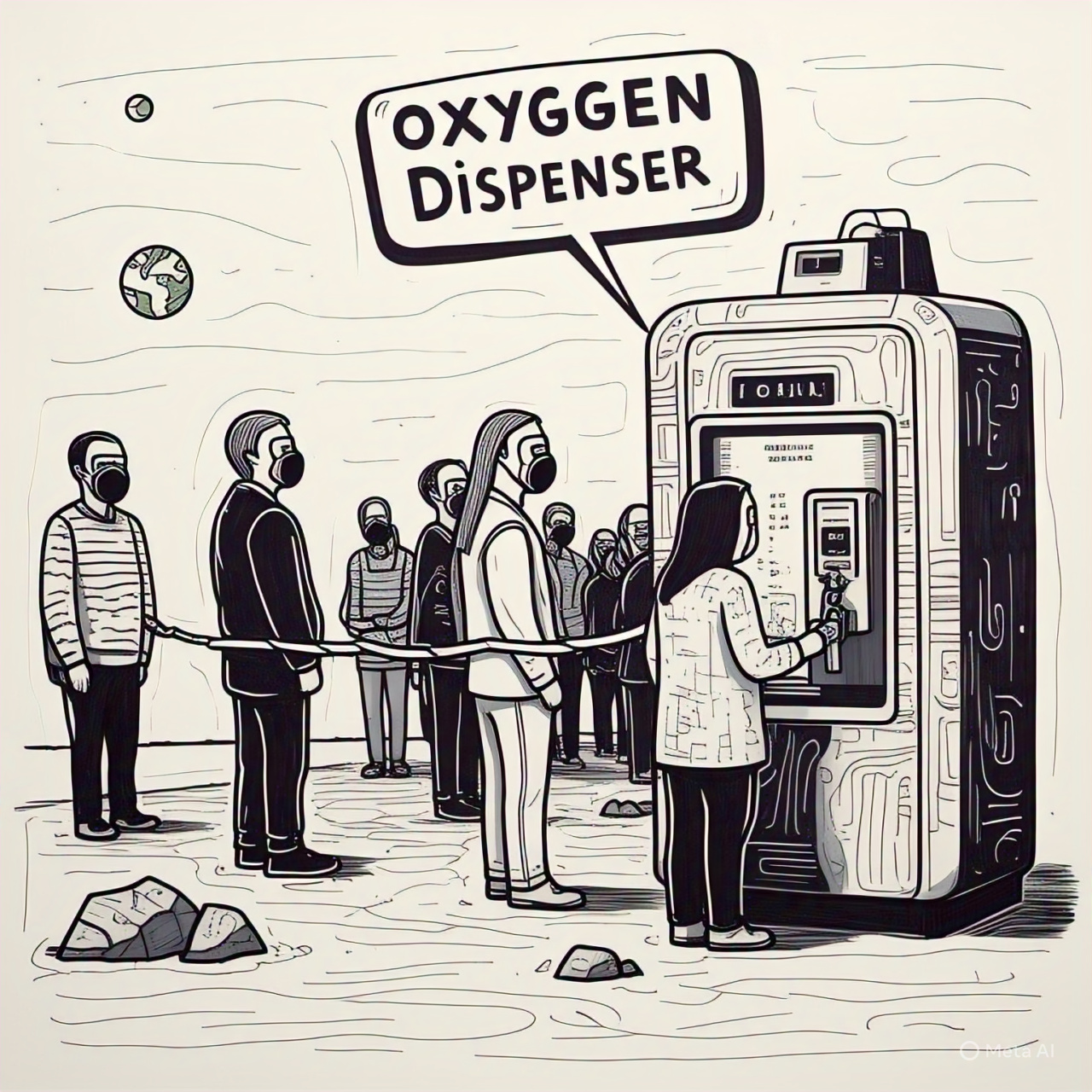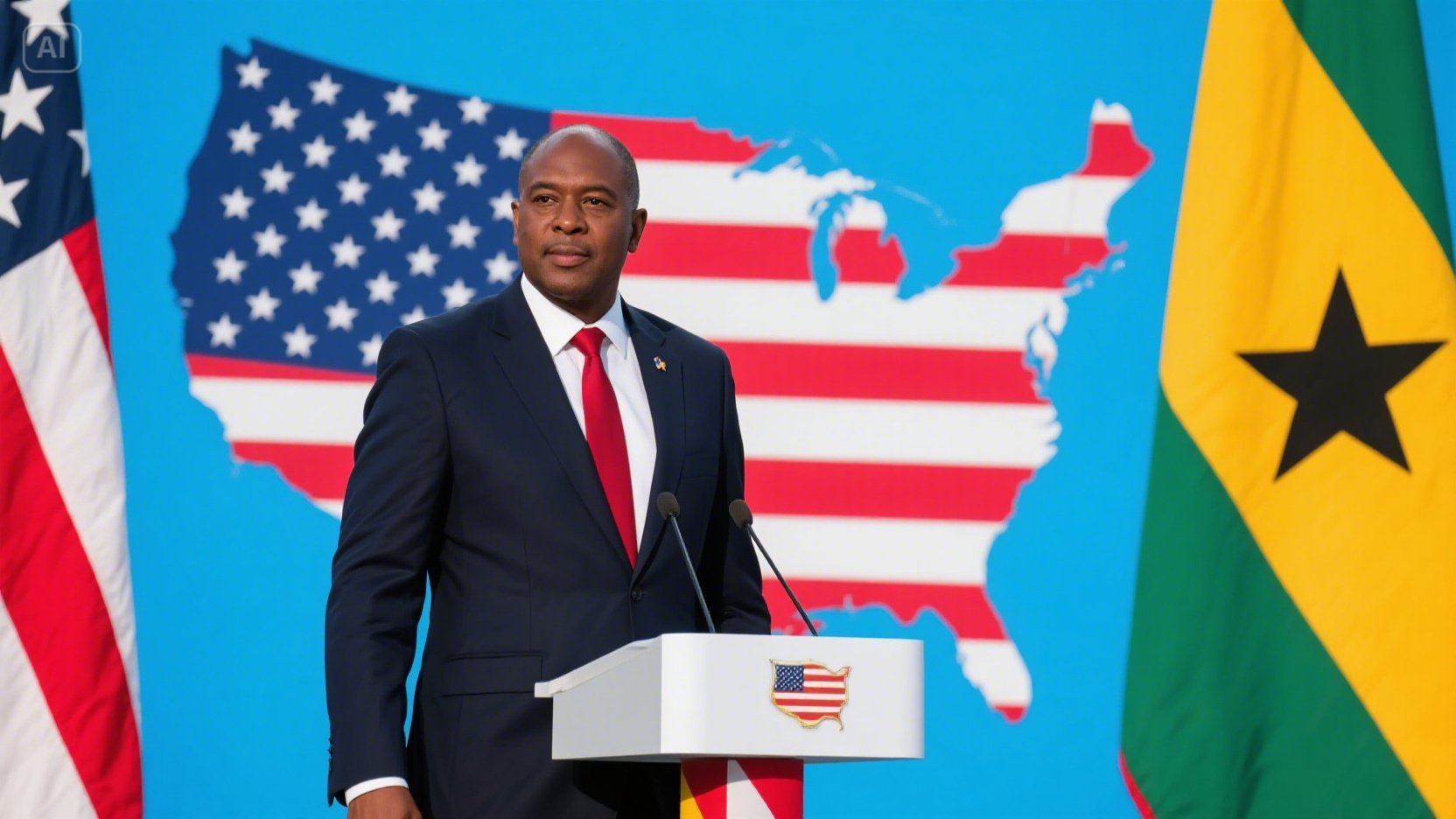Save The Judiciary Demonstration Ghana #Savethejudiciary

Background: Suspension of the Chief Justice
On 22 April 2025, President John Mahama, acting in consultation with the Council of State, suspended Chief Justice Gertrude Torkornoo under Article 146 of Ghana’s 1992 Constitution. The move followed three petitions alleging misconduct, none of whose details have been made public. A five-member committee headed by Acting Chief Justice Paul Baffoe Bonnie and including Justices Gabriel Pwamang and Samuel Adibu Asiedu was appointed to investigate the claims and report back on whether to commence formal removal proceedings. This marks the first time since 1992 that a sitting Chief Justice has been suspended in Ghana
The “Save the Judiciary” Demonstration
In response, on 5 May 2025, the opposition New Patriotic Party (NPP), joined by a coalition of smaller parties and some civil-society groups, organized a nationwide protest under the banner “Save the Judiciary.” Key figures—including Minority Leader Alexander Afenyo-Markin—led processions to the Judicial Service headquarters in Accra, demanding the immediate reinstatement of Chief Justice Torkornoo and calling the suspension a dangerous precedent that threatens judicial independence. Protesters delivered petitions asserting that the executive had overstepped its bounds, and warned of “long-term damage to Ghana’s democracy” if the action were left unchecked
Government and Ruling Party Response
On the other side, the governing National Democratic Congress (NDC) defended the suspension as strictly constitutional. Deputy NDC General Secretary Mustapha Gbande emphasized that demonstrations cannot override processes clearly laid out in the Constitution, insisting that “no number of people on the streets can displace decisions being taken based on constitutionally provided guidelines.” He urged citizens and opposition parties to allow the investigative committee to complete its work rather than “stir emotions in the streets
Civil-Society and Legal-Expert Reactions
Beyond the two major parties, independent observers and think-tanks have also weighed in. The Ghana Centre for Democratic Development (CDD) expressed concern over the lack of transparency around the petitions, calling for greater openness in the inquiry to preserve public trust. Legal scholars point out that, while Article 146 explicitly permits suspension upon credible petition, the absence of clear, published allegations and the speed of the process raise questions about due process and the separation of powers.
The Stakes: Rule of Law vs. Political Expediency
At stake is the integrity of Ghana’s constitutional order. The judiciary’s independence is a cornerstone of democracy, ensuring that no branch of government becomes tyrannical. However, Article 146 also guards against unaccountable judges, enabling removal when warranted. Critics of the suspension argue that the president’s broad discretion to act on private petitions—without requiring them to be made public—could become a tool for political intimidation. Proponents counter that allowing unchecked judicial misconduct would equally undermine justice.
Analysis & Opinion
- Due Process Must Be Transparent
While the Constitution empowers the president to suspend a Chief Justice pending investigation, transparency is non-negotiable. Publishing at least a summary of the petition’s allegations would help the public assess the legitimacy of the move and guard against the perception (or reality) of partisan targeting. Without this openness, the process risks eroding public confidence in both the judiciary and the executive. - Protests Are a Legitimate Check
Peaceful demonstrations—such as the Save the Judiciary march—are a vital democratic check on power. They signal public concern and can pressure authorities to adhere strictly to constitutional safeguards. However, numbers alone cannot substitute for legal adjudication. The outcome must be determined by the inquiry committee’s findings, not by the loudest street protests. - Guarding Judicial Independence
Even if Chief Justice Torkornoo is found to have breached ethical norms, any disciplinary action should be impartial and well-documented. Hastily using suspension as a de facto removal tool undermines the stability of the judiciary. A thorough, evidence-based process that culminates in a clear report and, if warranted, formal removal, would better preserve the judiciary’s credibility. - The Executive’s Responsibility
President Mahama’s administration must balance its duty to uphold the Constitution against the need to avoid perceptions of executive overreach. Ensuring that the committee operates with full independence, deadlines, and public accountability measures (e.g., regular progress updates) would demonstrate a genuine commitment to the rule of law rather than political maneuvering.
In my view, Ghana’s democracy is strengthened when constitutional mechanisms function openly and predictably. The Save the Judiciary demonstrations underscore healthy civic engagement, but they must translate into institutional reform—not merely rallies. Likewise, the executive’s use of Article 146 should be accompanied by best-practice transparency to safeguard against the very political interference it aims to police. Only through such balanced adherence to process can Ghana continue to model judicial independence in West Africa.






